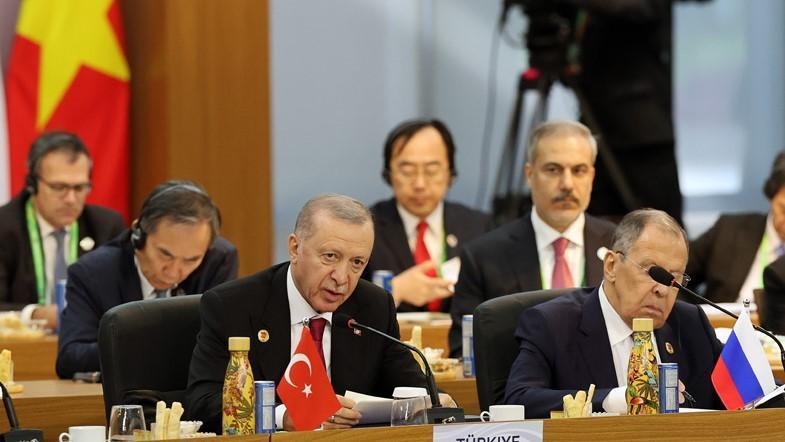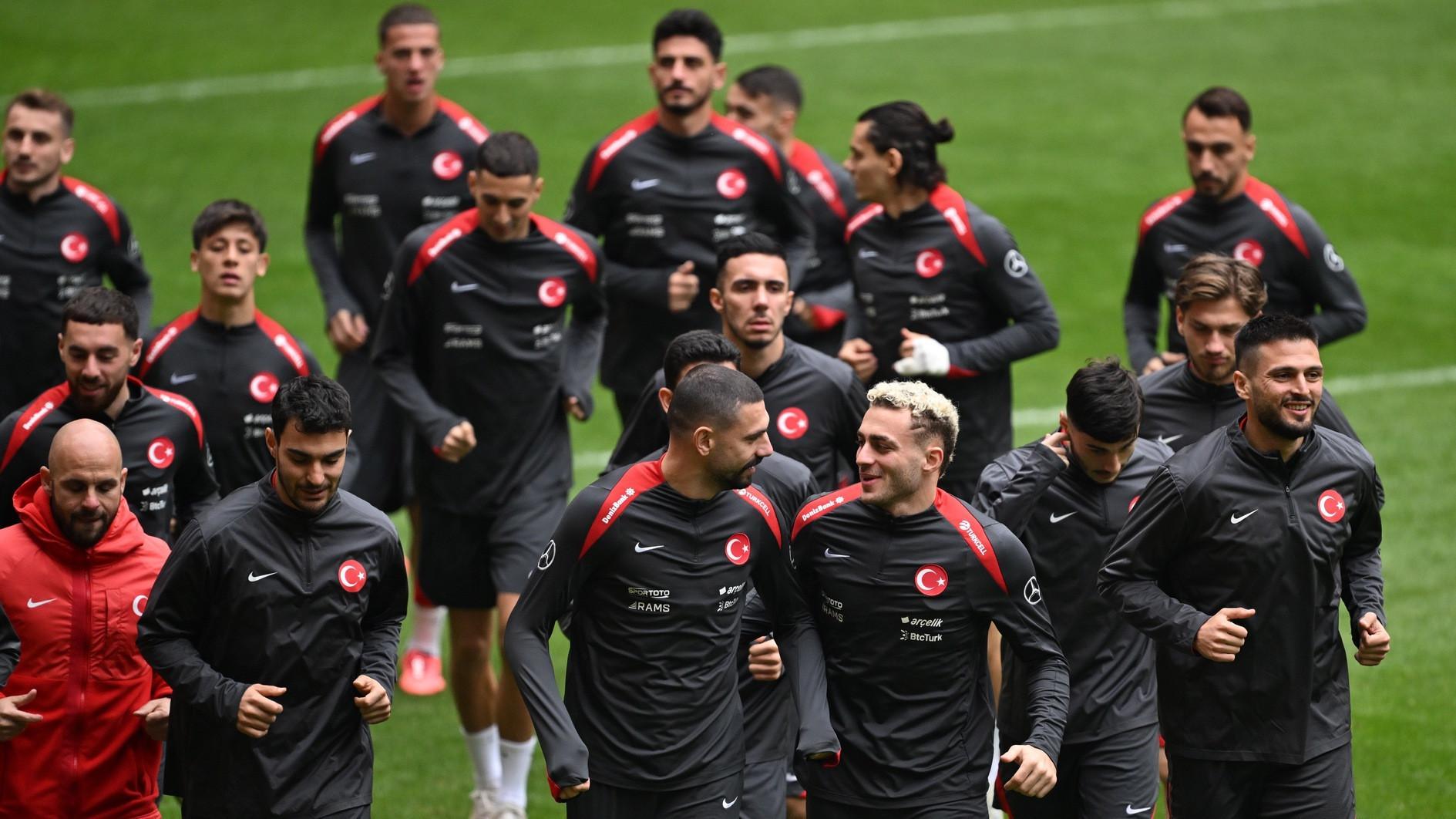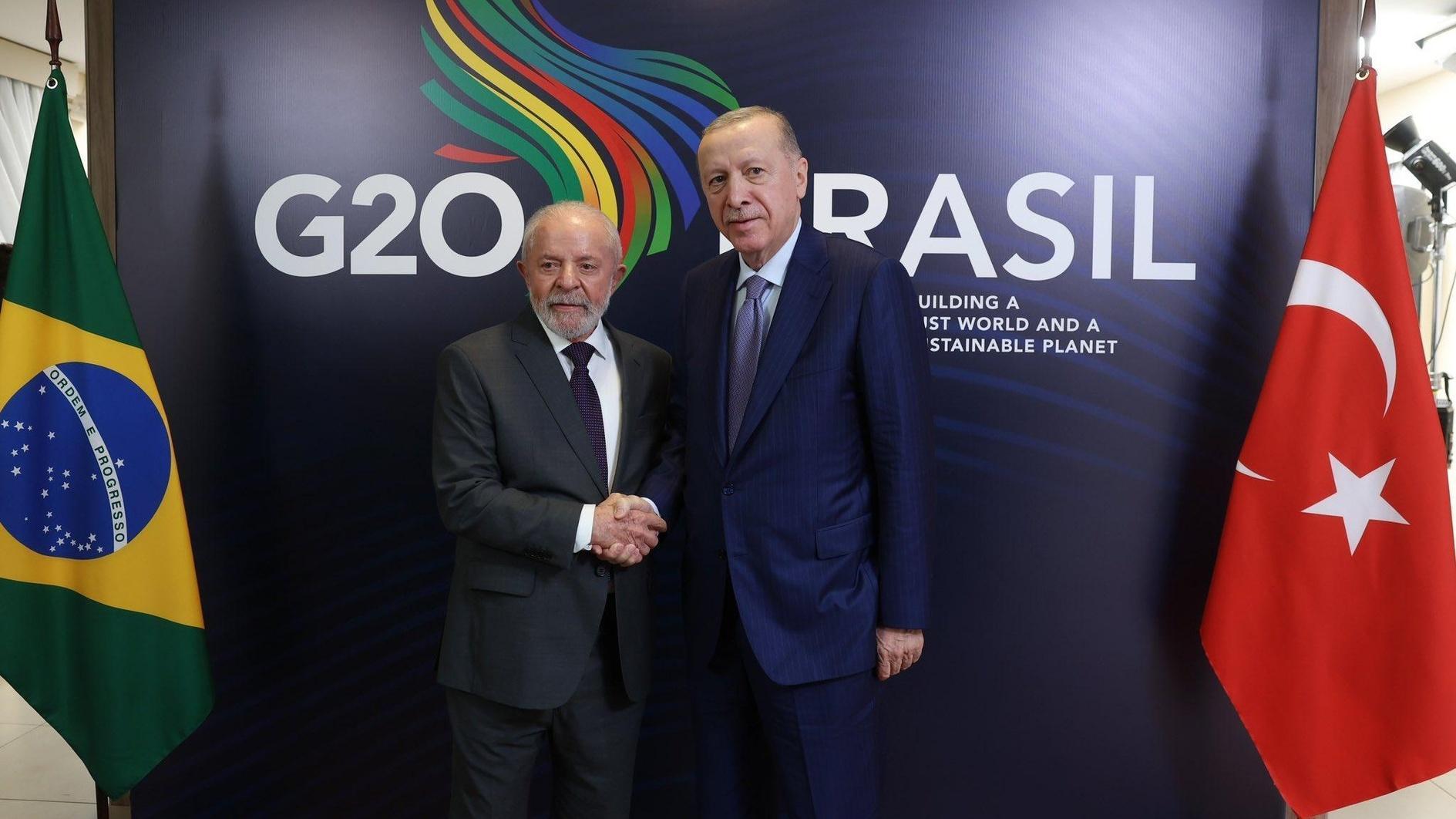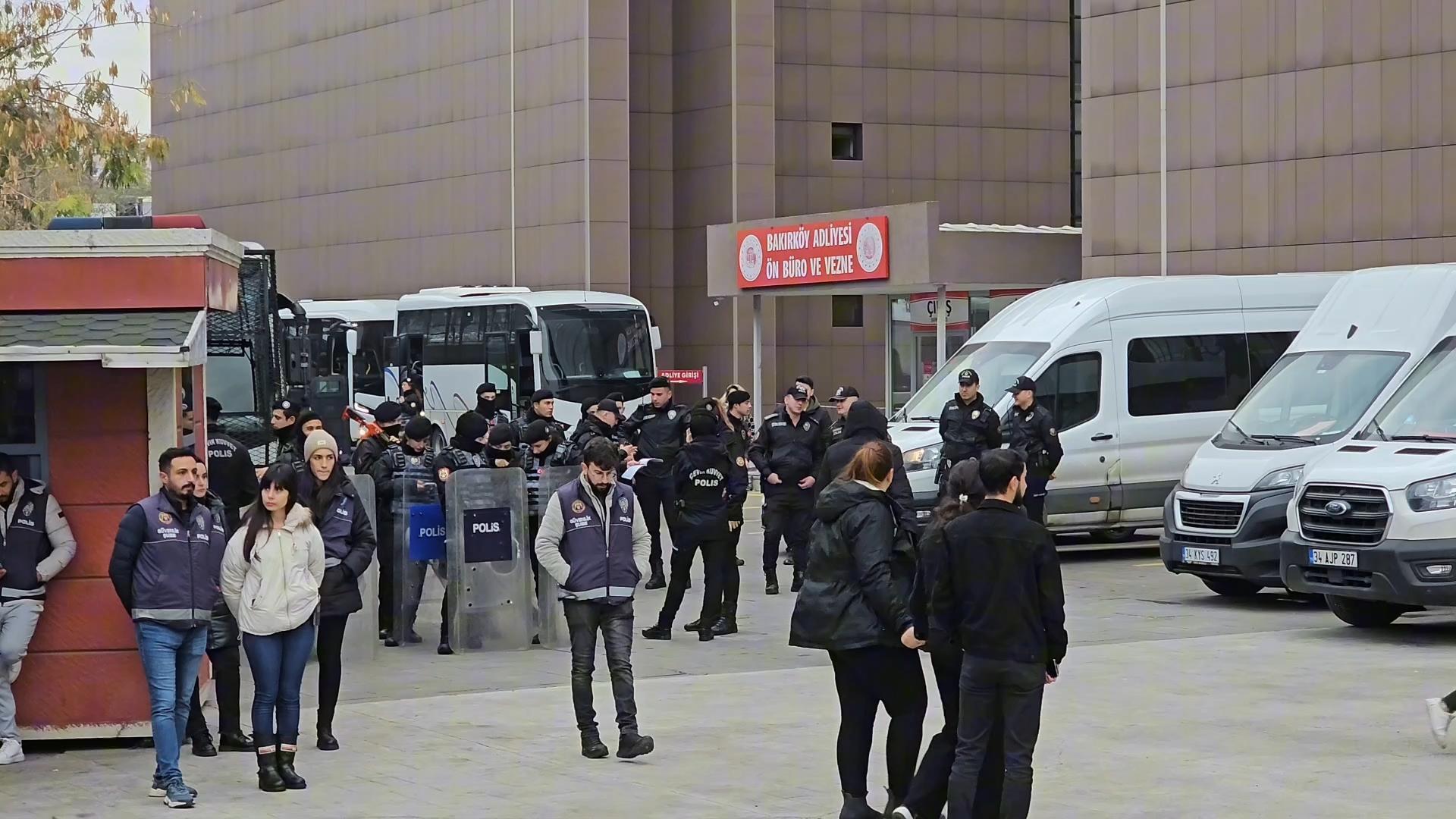Turkey became first case for new UEFA rules, says analyst
ISTANBUL- Hürriyet Daily News
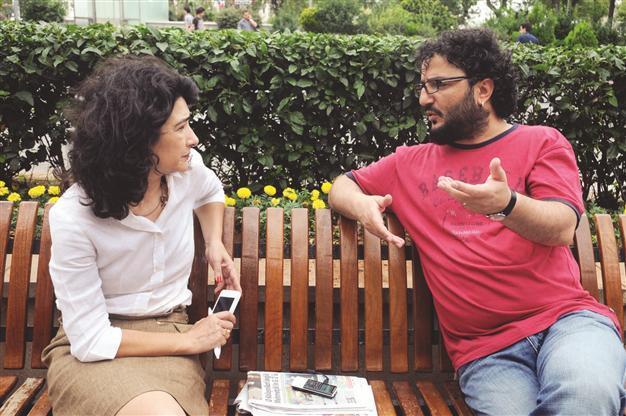
Although UEFA’s recent decision to ban two Turkish football clubs created shockwaves across the country, journalist Kenan Başaran says it was not a surprise for those familiar with the case.
In the absence of punishment by local authorities, UEFA decided to implement sanctions against two Turkish clubs over a domestic match fixing scandal, according to a prominent sports analyst.European football's governing body announced its decision last week to ban Beşiktaş from next year’s Europa League, while Fenerbahçe (FB) received a two-year ban, with an additional one year possible if a similar infraction is committed within a probationary period of five years.
UEFA’s disciplinary bodies were granted additional power to punish match-fixing last May, and as such Turkey became the first case where the new rules were implemented, according to journalist Kenan Başaran.
What does the UEFA decision mean?
UEFA says "you have not punished these two clubs properly. As you have not done what you were supposed to do, I will give the necessary punishment." Last May, UEFA reviewed its own procedures. It decided to remove any period of limitation for offences of corruption and match-fixing. Additional power was granted to the UEFA disciplinary bodies, allowing them to take action if a member association fails to punish offences of match-fixing. In a way, Turkey became the first country in which these new rules were applied. FB claims Steaua Bucharest did not receive such a punishment, but that’s because the local Romanian federation punished Steaua Bucharest.
Was UEFA’s decision surprising?
It was not. A year ago, the head of the Turkish Football Federation (TFF) said “this issue is over,” and the clubs were relieved. For those familiar with UEFA’s procedures, this was to be expected.
Why did the TFF not do what it should have done?
We can ask this question for political issues as well. We have lots of political scandals but we just can’t manage to face off. Football is an area which is not homogenous. There are Islamists, socialists, ultra nationalists, all together in a club. Their upper identity is the football club. The July the 3rd [2011 when the match fixing operation started] is the first case during the course of the last 10 years when the political power and the [Fetullah] Gülen movement took a step back; on all other cases [like the Ergenekon case, where journalists and soldiers are being tried for a plot to topple the government], they went ahead. The Gülen movement had to make a statement that it had nothing to do with the FB case. But the movement itself has contributed to the creation of that perception. Hüseyin Gülerce [a columnist known to be close to the Gülenists] said “this is the Ergenekon of football” a few days after July the 3rd. How can the movement wonder about the perception [that Gülenists are behind this case] when in the early days one of its member gave a definite verdict about the case. There is nothing incomprehensible about FB’s accusation that the Gülen movement is behind this case.
Well then, has FB been targeted by the Gülen movement?
I do not think that he [Yıldırım] provided enough evidence and documents to substantiate this view. He has implicitly targeted the Gülen movement and did not put any responsibility on the shoulders of the government. But if I am living in a democracy where there is rule of law, my interlocutor is the government. At the initial stages the government seemed to be looking at the issue from a distance; it avoided making a comment. But once Aziz Yıldırım politicized the case and garnered the support of its fans, the government started to change its stance. Everyone agrees that the turning point came when an Istanbul prosecutor initiated an investigation against Hakan Fidan, the undersecretary of National Intelligence Agency (MİT) [over talks he held with the leaders of the outlawed Kurdistan Workers’ Party, PKK]. Following that the government started to follow a different path in the match fixing case. It tried to interfere and find out a solution. The government said, “if you take such an action, then our alliance on other issues will be broken. Remember that the news about closing the dersane [private tutoring and preparatory courses aimed at university entrance exam preparation] came at this stage. [The Gülen movement is believed be one of the biggest stakeholders in the dersane system]. The government decided to change the law on violence in sports but the [gülen] brotherhood objected to it.
My intention was to talk about sports but we ended up talking about politics?
Simon Cooper once said football is not just football. This is especially valid for the Eastern countries. Football and politics have always gone hand in hand in Turkey. The players in football have permitted politics to interfere. The TFF is autonomous but it does not act so. Our clubs make their living thanks to the state. All their belongings are given to them by the state. They won’t pay their taxes and expect the state for tax amnesty. Football uses politics and vice versa; this has been so for a long time.
What is your objective reading of the situation?
Football is a dirty business. I won’t ask why, if a prosecutor starts a match fixing investigation. But I will look to the scope and how the case is handled. If the scope is very narrow then I won’t object to those who will be looking for other intentions behind the case.
So you think this case was not properly handled.
The previous TFF administration headed by Mehmet Ali Aydınlar was convinced about the wrongdoing which could have resulted in relegation. But it tried to settle down the issue by offering a compromise formula, which was not accepted by FB. Then came the new TFF administration [headed by Yıldırım Demirören] and said nothing happened. That’s why UEFA got upset.
Turkey could not handle this issue with its own institutions.
Since 2007 we are at a period of taking accounts on all aspects of life. Football is part of this process. But this process is so revanchist that we cannot get an outcome. The judiciary did something it does not do on other cases. It finished the case very very quickly. It sentenced the two clubs whereas the TFF said nothing happened. This is unacceptable.
What will happen after the UEFA decision?
If the appeals of the clubs are rejected and the decision is approved then the TFF should resign and the new administration should start a new investigation and decide who the champion of 2010-2011 is. Trabzonspor [who came second] says it is the champion according to the decision of the judiciary; whereas FB says it remains champion arguing the TFF has not found any wrongdoing.
The TFF sentenced the FB while it tried to save it. Aziz Yıldırım insisted on being investigated under the existing rules but the rules were amended supposedly to save FB from a harsher sentence. TFF said to Yıldırım “You claim to be innocent but I know you are not so I have to save you. The definition of match-fixing was narrowed and the sentences were shortened.”
It seems Turkish football is not going to a better course as a result of these last two years.
There is an environment of mistrust. In the past match-fixing was like a smoke, you could see it but not catch it. Today there is a lot of information at hand, but we can’t decide. Had the TFF judged FB under existing procedures and decided it was innocent I would have accepted the result. But they have not done so, they changed the regulations and I think this was even unfair to FB.
WHO IS KENAN BASARAN?
He first started his career in the press by working at a radio station. In 2005 he started working for the written press as he was asked to write about the football industry in daily Referans. In 2010 he joined daily Radikal. In addition to his weekly columns about football, he covered the match fixing legal case that started in 2011.
He recently joined daily Hürriyet. His book about the match fixing case called “Backdoor Intervention” was published last April.
Başaran has been awarded the TGC Sedat Simavi radio award, the Nezih Demirkent National press award, as well as the investigation award by the Turkish Association of Sports Writers.


